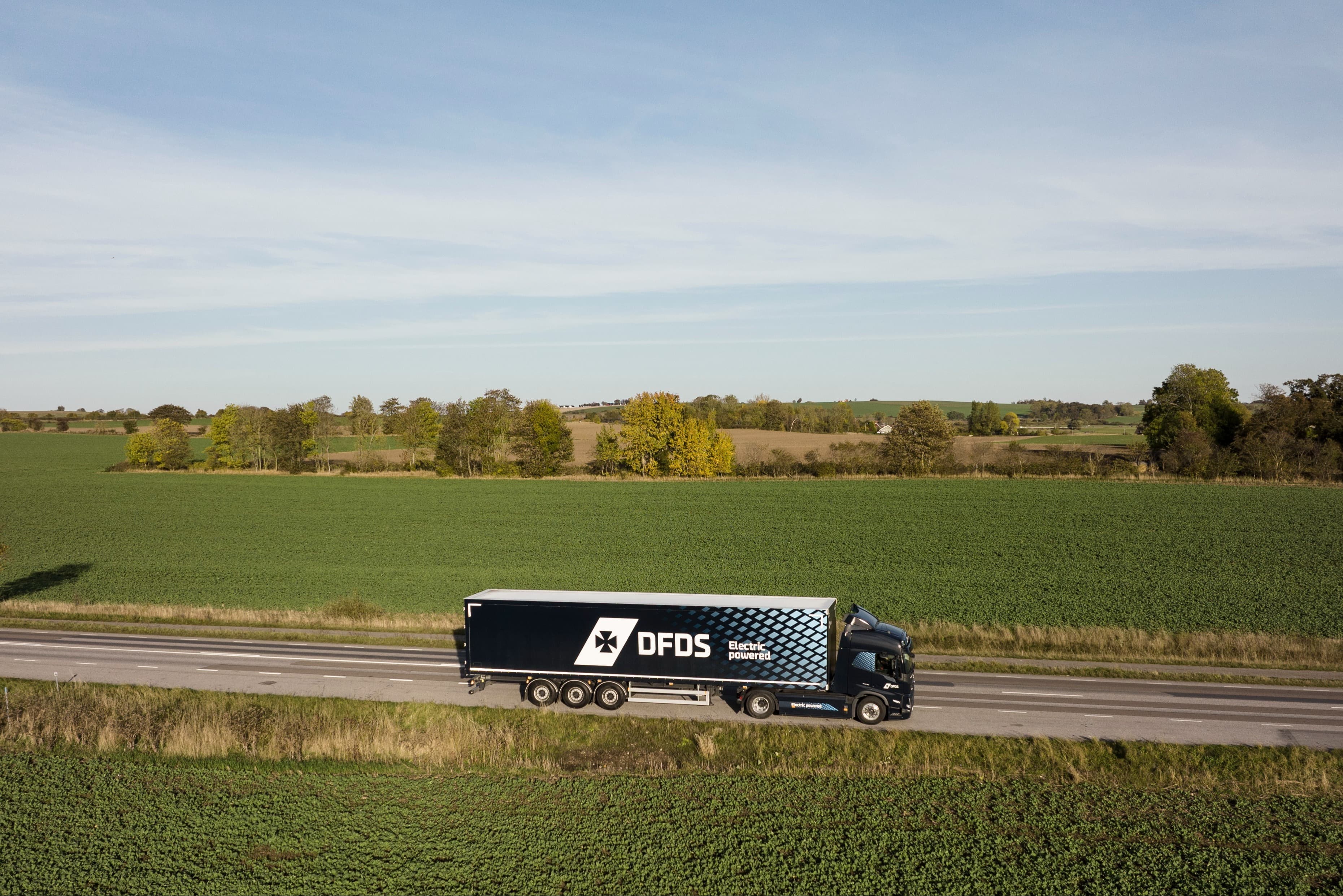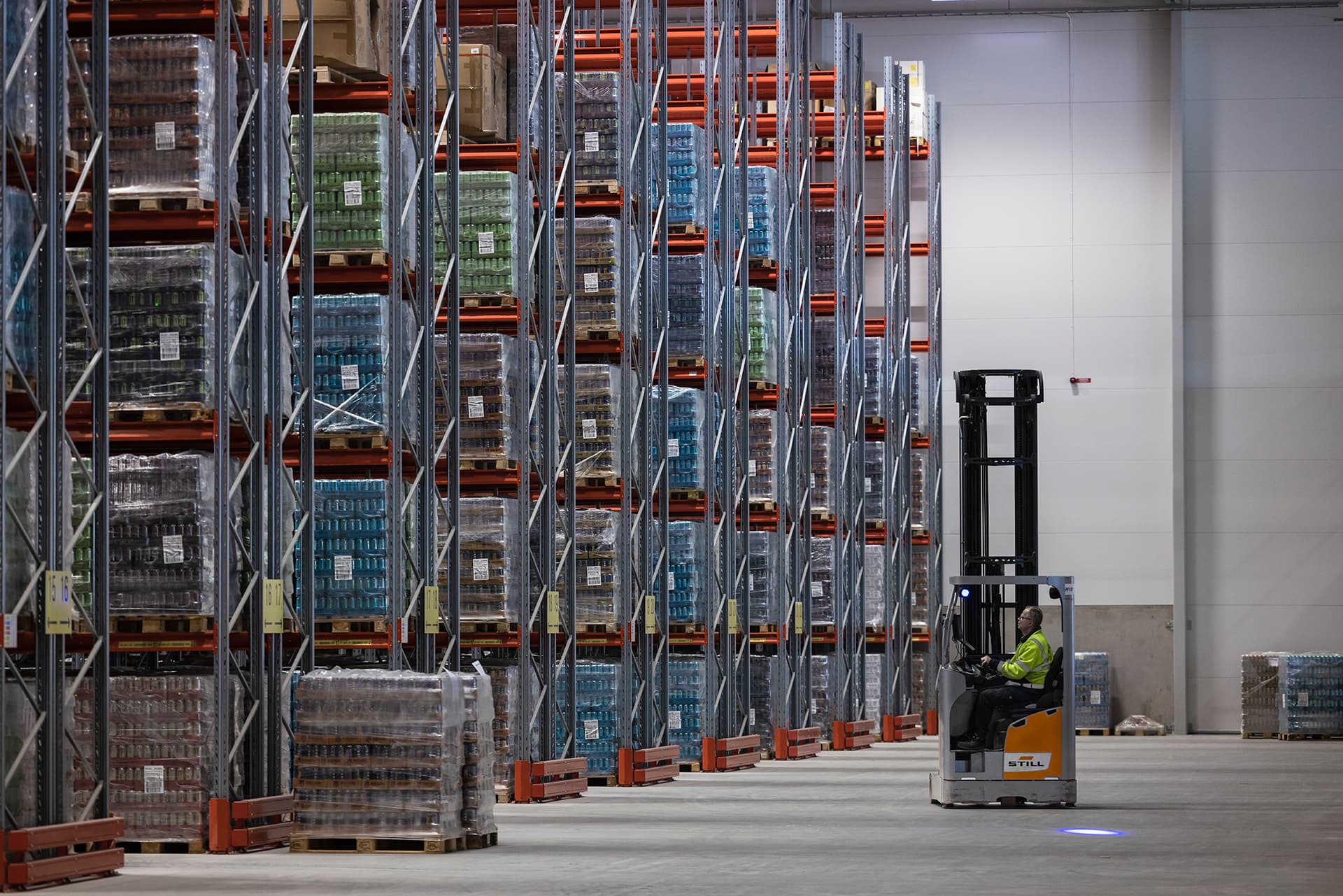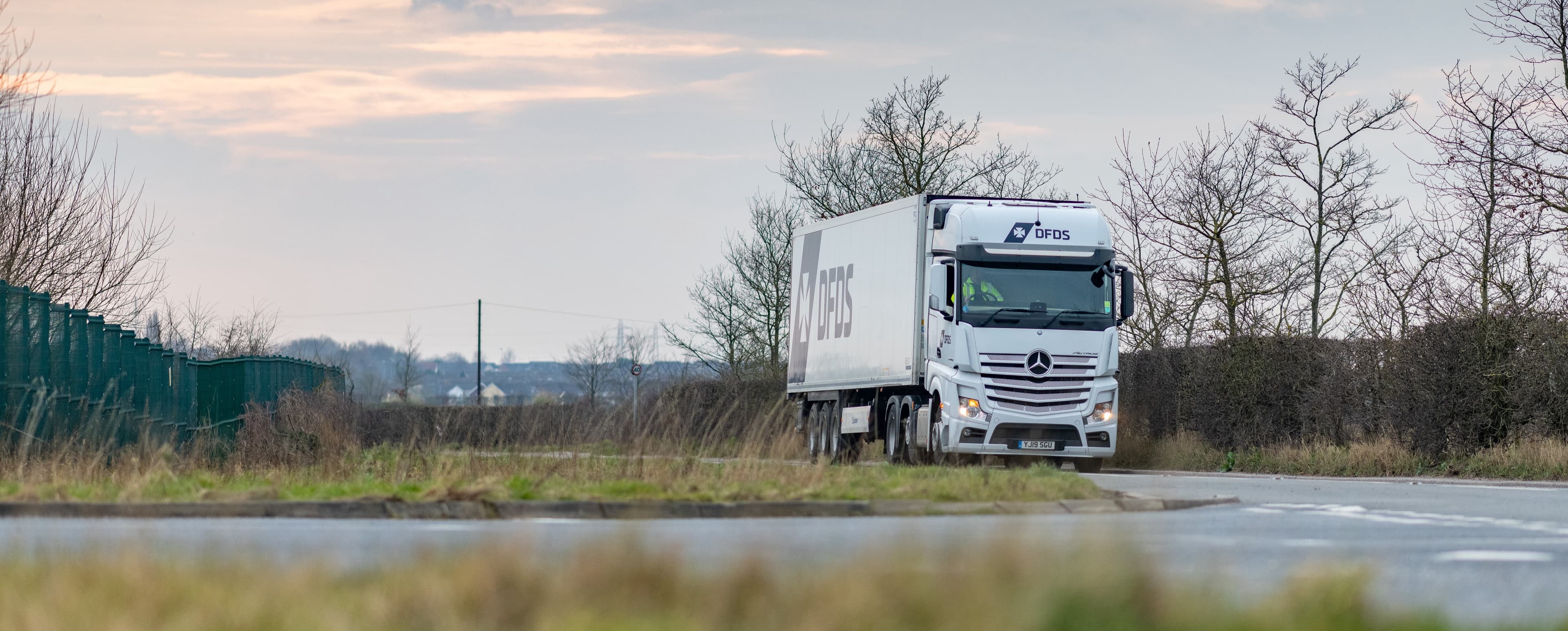According to the European Union, approximately 90% of its external trade and 40% of its internal trade are transported by sea. This showcases the important role that sea transport plays in Europe's economy. For businesses that are implicated in international trade, ensuring that the cargo moves efficiently across the borders is essential. However, getting through the complexities of global shipping can be challenging and that’s where a specialized freight forwarder can help companies navigate these challenges, and maintain a smooth process.
What is freight forwarding?
Freight forwarding is the planning and coordination of overseas transportation of goods by air, sea, rail or road. In this blog post we will discuss all the aspects of freight forwarding. We will outline the fact that freight forwarders play an essential role in the shipping sector, prior to detailing how the freight forwarding process works.
What is a freight forwarder?
A freight forwarder is a company that arranges the commercial transport of goods, playing the role of an intermediary between businesses importing/exporting goods and companies needing them. They book every stage of each shipment on behalf of their customer, from storing products before they're shipped to clearing them through customs. While a freight forwarder doesn't itself move shipments, it is a logistics management expert and negotiates with rail, road, air and sea transport operators to deliver products to their destinations on time and in good condition.
Every cargo shipping project is different, but freight forwarders usually handle several key tasks for their clients. They help pick the best route and shipping method for each shipment, depending on speed, cost, and reliability.. They also advise on how goods should be packed, labelled, and loaded.
Freight forwarders choose reliable carriers and book space to make sure goods arrive on time. When tracking is needed they use digital tracking systems to send updates to the clients in real time. They also handle all customs paperwork and help ensure goods meet import/export requirements. If warehousing is needed at any point, they can arrange storage.
In addition, freight forwarders can help report on environmental impact, offer competitive cargo insurance, and file insurance claims when something goes wrong. They also group shipments together, when possible, to reduce transport costs.
What are the benefits of using a freight forwarder?
Using a freight forwarder can have multiple benefits for businesses, but the most important ones are:
Lower costs: Freight forwarders can combine small shipments into one, which cuts costs by sharing transport expenses across multiple clients.
Smoother operations: They simplify the complex process of importing and exporting goods, saving businesses time and effort.
Faster customs clearance: Many freight forwarders have special status that allows for quicker customs processing and delayed duty payments.
Simplified invoicing: Instead of dealing with many vendors, clients receive one invoice from the freight forwarder for all related services.
Less admin work: They manage storage, transport, insurance, and paperwork—freeing up your team to focus on running the business.
How does freight forwarding work?
If you're wondering about the whole process, here’s a simplified step-by-step overview:
Export Haulage: Goods are picked up from the seller and transported to the freight forwarders warehouse.
Export Customs Clearance: Before leaving the country, goods must be checked and cleared by customs. Freight forwarders often use customs agents to handle this.
Origin Handling: At the warehouse, goods are inspected, sorted, and prepped for the journey. Any required documents or compliance checks are done here.
Import Customs Clearance: When goods reach the destination country, they go through customs again. Duties and taxes are handled, usually by the freight forwarder.
Destination Handling: Once cleared, the shipment is unloaded, inspected again, and prepared for the final leg of its journey.
Import Haulage: Goods are delivered to their destination using a transport method suited to their size, type, and urgency.
How to choose a freight forwarder
Working with the right freight partner makes a big difference. Ask yourself these questions when selecting one:
Do they meet your business needs?
Do they have a strong network?
How do they handle risks?
Is communication easy and clear?
Do they offer the right services?
Are they flexible and responsive?
Are they fully certified?
If all the answers are positive, then congratulations, you have found yourself a freight forwarder that will take your business to the next level.
Partner with DFDS for seamless freight forwarding
DFDS offers trusted freight forwarding services to support your business at every step of the shipping process. From route planning and customs clearance to warehousing and final delivery, our experts ensure your goods move smoothly and efficiently. Let DFDS take the complexity out of logistics so you can focus on what matters most - your business.




